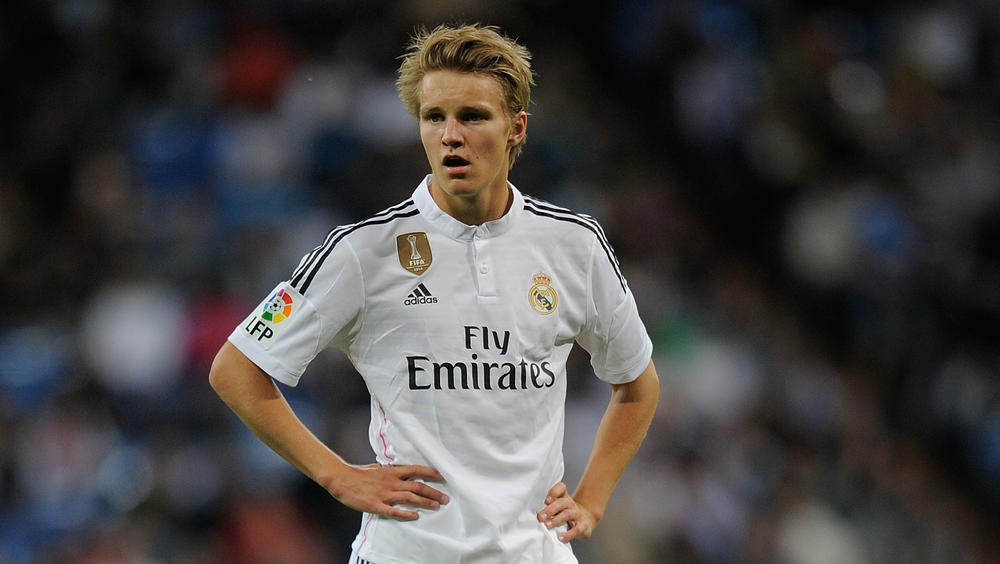What Premier League bosses' touchline body language says about them
After Alan Pardew admitted he's been seeking help for his technical area berserkness, Nick Moore enlisted the help of body language expert Robert Phipps to find out what the dugout demeanour of other gaffers reveals...
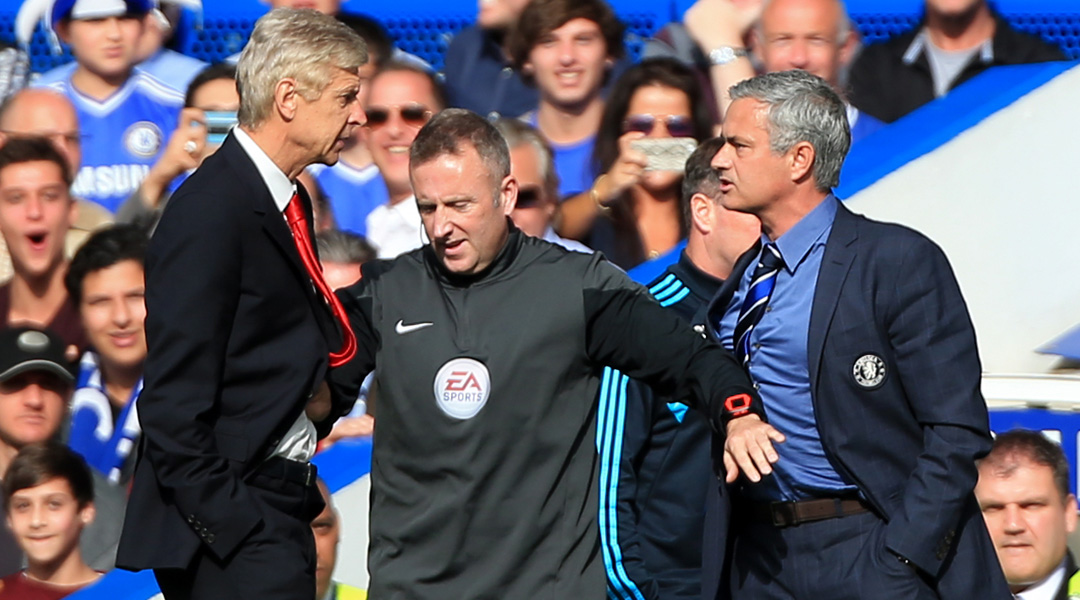
It doesn’t take a PhD to deduce that Pards has got some 'issues', so perhaps it was no surprise to hear the Crystal Palace chief concede that he'd been working with cricketer-turned-sports psychologist Jeremy Snape to lend him a hand with finding his Zen zone.
"Jeremy has helped me on the sidelines in terms of focusing on what I can control and that works well for me," revealed the Eagles' boss. "It wasn't about calming me down; it was about finding the triggers that got to me."
So without further ado, here's what other Premier League head honchos' pitchside persona suggests...
Jose Mourinho
The undisputed king of touchline antics, with a repertoire that spans fist-pumping, air-refereeing, fourth official goading, sprints, jumping jacks, twerking and triple reverse somersaults with a pike into the tuck position. A walking tantrum, Jose leaps off his seat like it's on fire when a decision doesn’t go his way, and gets right in people’s grids at every available opportunity. “Jose produces strong, aggressive teams that fight for him,” says Phipps. “The fist-pump is an obvious display of power. But mainly it shows his passion. He knows how to work the crowd, how to gee up the team, how to work the officials quite cleverly. Getting in faces might not influence decisions, but it shows that willingness to battle for his side.”
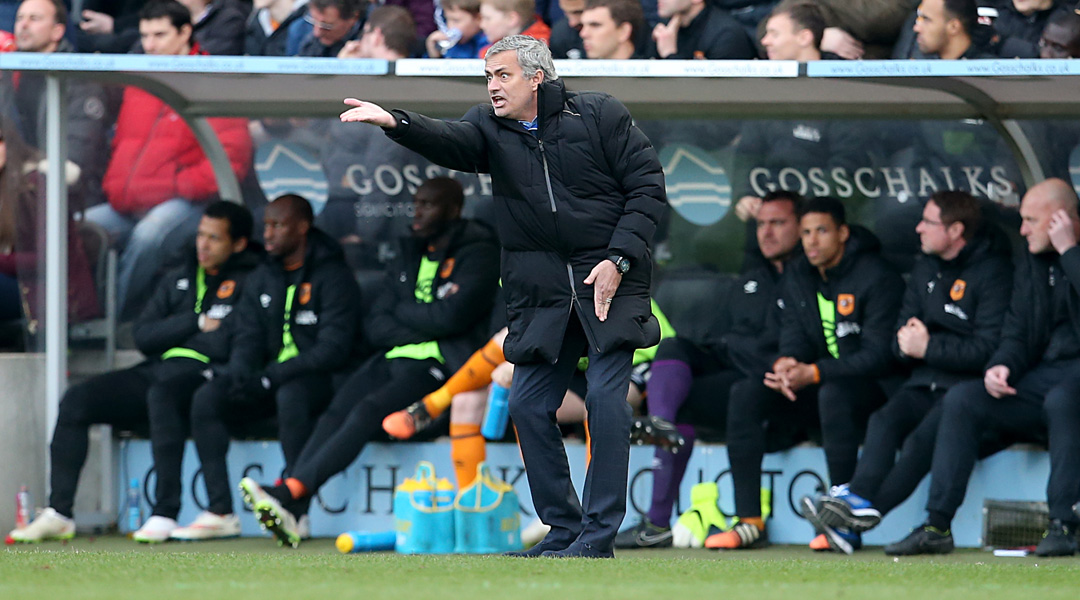
Sam Allardyce
Big Sam has always had issues with the way that Big Sam is perceived – even the size-related moniker suggests a man for whom physicality trumps thoughtfulness. It’s unfair, of course: Allardyce was one of the first to embrace the smart use of technology, and he goes ballistic when people portray him as a Neanderthal route-one merchant (which only serves to back up the accusers’ point). His body language is partly to blame: like Jose, he’s a warrior-like venter. “The problem is, you can believe yourself to be this thoughtful type of person, and indeed you might be intelligent and full of integrity, but if you’re jumping around like a madman then people will think that’s what you are,” says Phipps. “Your body language shows what you’re feeling at that moment – you can’t hide it.”
Get FourFourTwo Newsletter
The best features, fun and footballing quizzes, straight to your inbox every week.
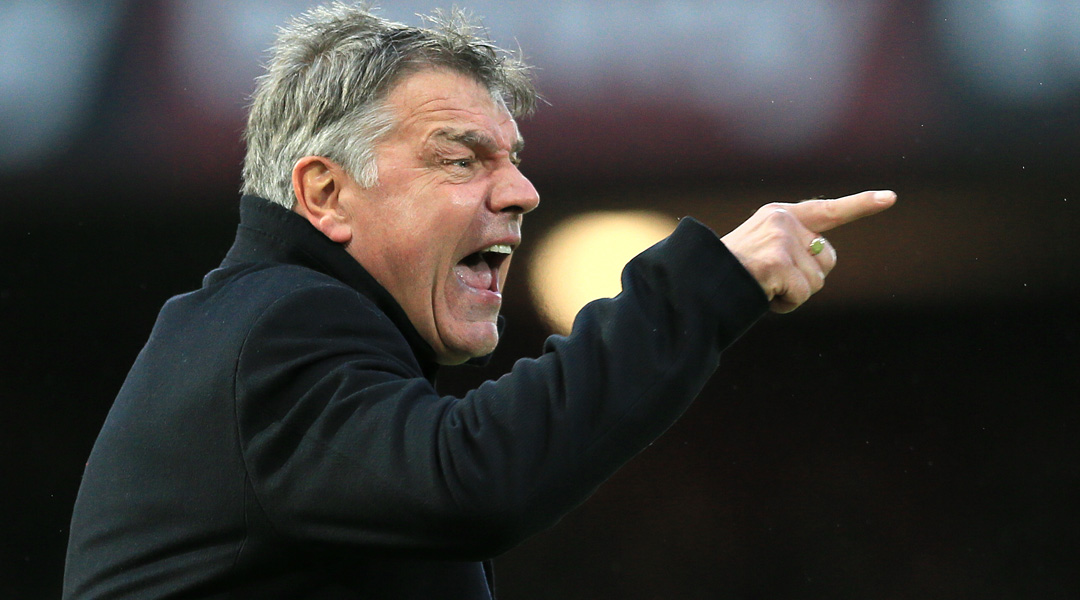
Brendan Rodgers
A friend of FFT’s was once in a production meeting with TV kingpin Bruce Forsyth. Bruce seemed distracted, and scribbled something down on a sheet of paper mid-conversation. At the end of the meeting, they checked his note. It simply read: “BUY YAKULT”. Could Brendan be writing something similar in his notepad as he stands sullen on the touchline? We wouldn’t rule it out. Anyway, the Northern Irishman loves a biro and a tiny, shopping list-style A7 spiral wire pad. “It shows that he’s a details guy,” says Phipps. “He’s giving out an air of thoughtfulness, and he doesn’t want to forget to mention specifics at half-time. But there’s also the danger that it makes him seem forgetful, and unable to keep everything that needs to be said in his head.” Brendan, did you forget to buy dishwasher tablets AGAIN? Wouldn’t happen to Brucie.
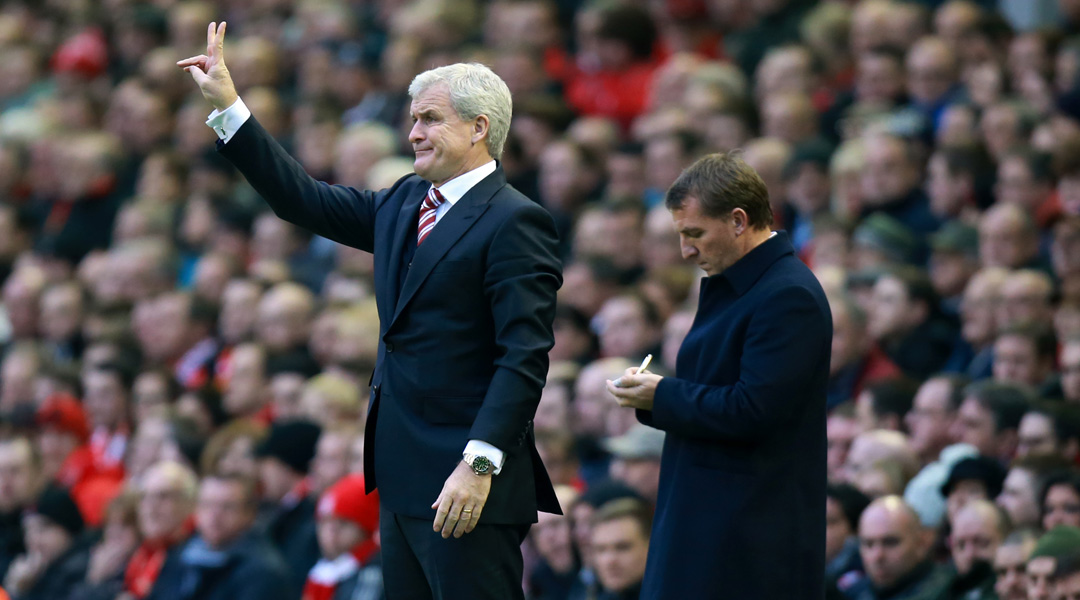
Arsene Wenger
Wenger has evolved somewhat as a touchline operative: as he’s moved into his pensionable years, he’s actually become far more of a nutter – trying to get a playground pagga going with Mourinho, and sometimes oscillating wildly in his giant coats like a worm getting tasered. But when his slick footballing machine is operating smoothly, the Frenchman still projects an old air of civility and invincibility, and deploys that most Gallic of gestures: the shrug. “Wenger generally is the opposite of Jose – he likes to stand fairly still and give nothing away,” reckons Phipps. “The equanimity of his manner, that collected feeling, translates to his side. The shrugging is part of that. It’s an ‘I don’t know’ gesture, but in his case he is not wanting to give away his opinions on incidents that happen on the pitch.”
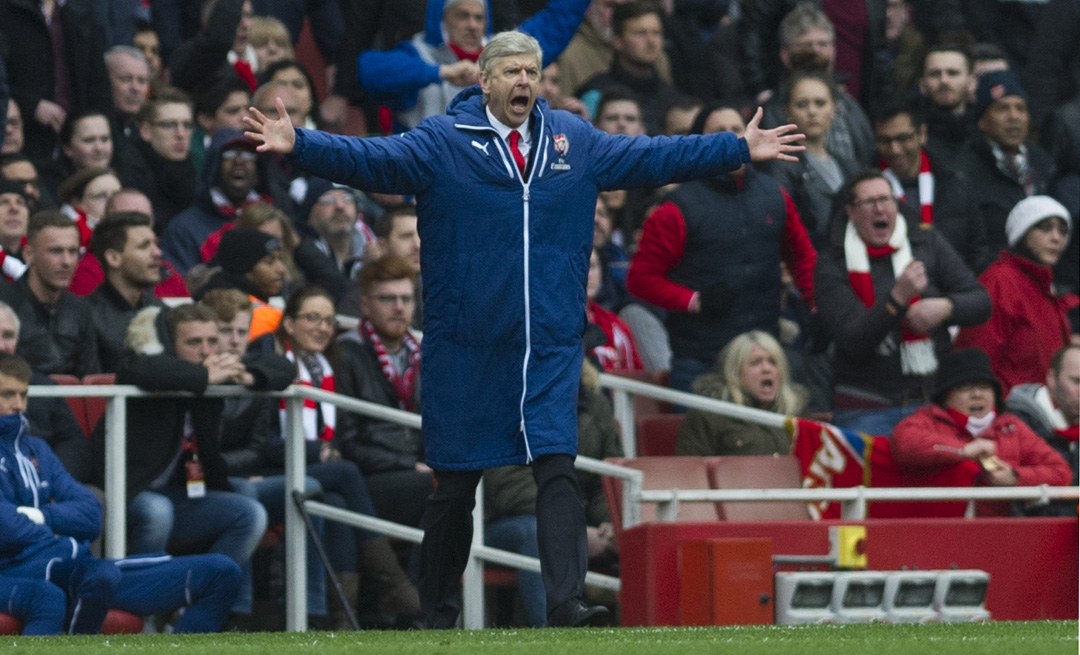
Manuel Pellegrini
Alan Pardew called the City gaffer a “f***ing old c***” during their touchline bust-up – it was banter, lads, just banter – but Pellegrini adopted an inscrutable, crossed-arms pose in reply, no doubt pondering what a pathetic baby Pards was, and what kind of wine he was going to have with his tea that night. “Being difficult to read can certainly be a plus point in a manager – it shows they are blocking themselves off and concentrating on their job – provided it fits with the general demeanour,” says Phipps. “The problem comes if you show different personalities on and off the pitch and become inconsistent. Swings in behaviour doesn’t work in management.” Pellegrini works it well, but the downside is that sometimes it looks like he doesn’t really care what’s happening.
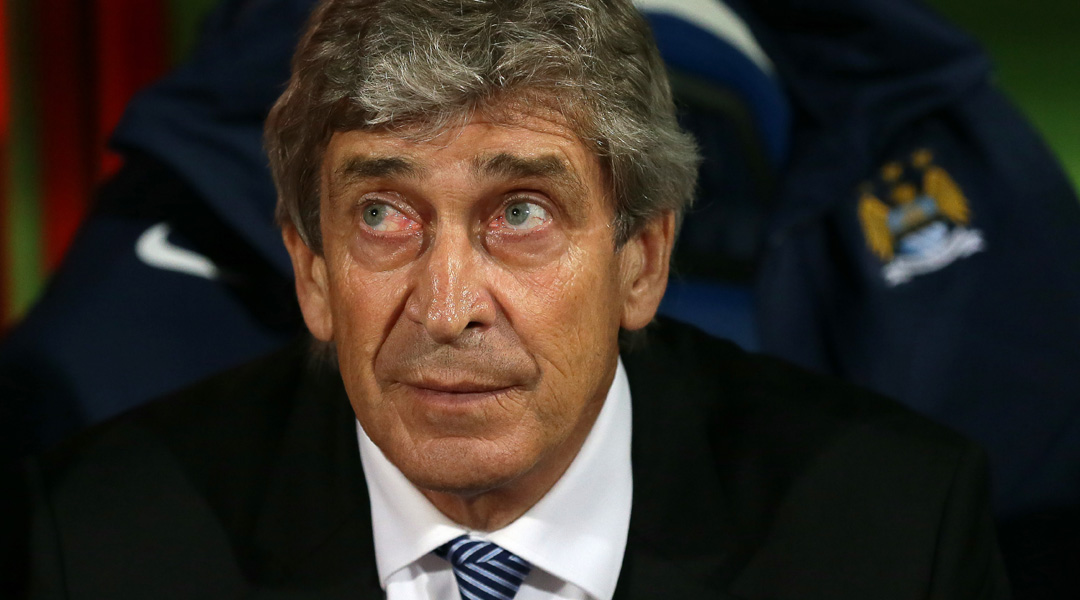
Louis van Gaal
Is there really any point standing on a touchline, bellowing at men who are often 50m away, and can’t hear a ruddy thing over the din of the crowd anyway? Shouldn’t the players be concentrating on the game around them, rather than the inaudible motivational rantings of an overexcited gaffer? United’s Dutch boss certainly think so, and is generally notable by his absence from the technical area. “I am always on the bench because there is nobody you can contact during the game, especially when we are at Old Trafford,” he says. This shows that he’s relaxed and confident, says Phipps. “He’s done what he can before the game, and he realises that it's now up to his players. He also trusts them to carry out their jobs professionally without needing constant reminding and adjustments.”
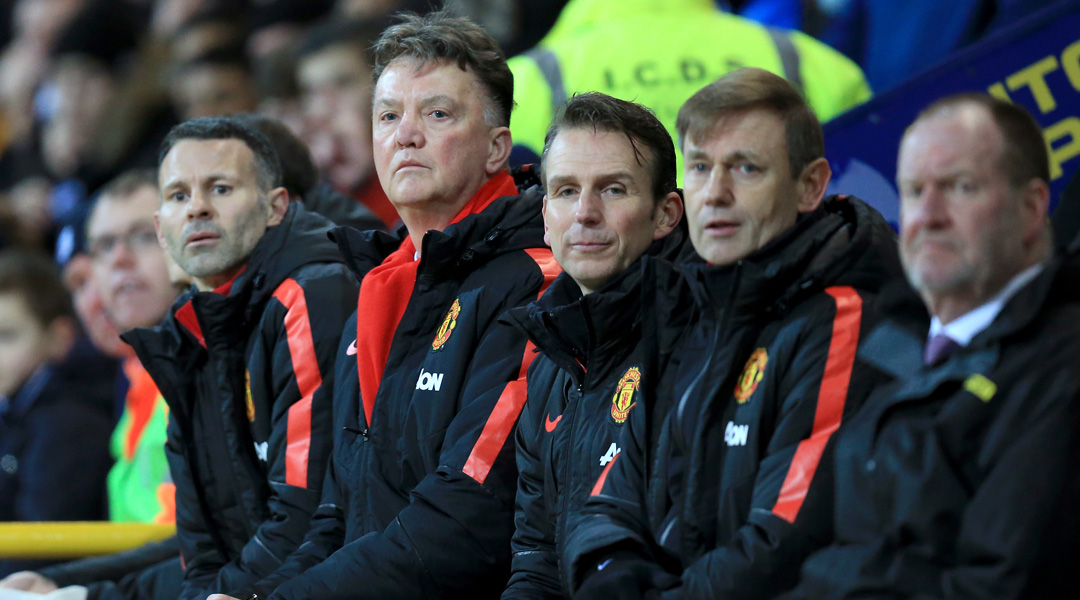
Tim Sherwood
The heir to Jose’s antic throne, Sherwood is every football cliché about commitment-made flesh: heart on sleeve, kicking every ball, giving 110%, getting stuck in, passion, manning up, passion, tackles, PASSION, AAAAARGHHHH! “Lots of aggression signals and antics on the sideline means that he probably rules the dressing room in the same manner,” says Phipps. “It can certainly empower a team that has been previously under-performing. The body language of involvement, encouragement, and showing how much you want to win can be a motivating factor.” It's the opposite to Van Gaal’s trusting methods, however, and when over-done, can wear rather thin. “The problem is you can end up losing all sense of reality and look like a stupid, petulant little child who needs to sit down in the corner.” Ring any bells?
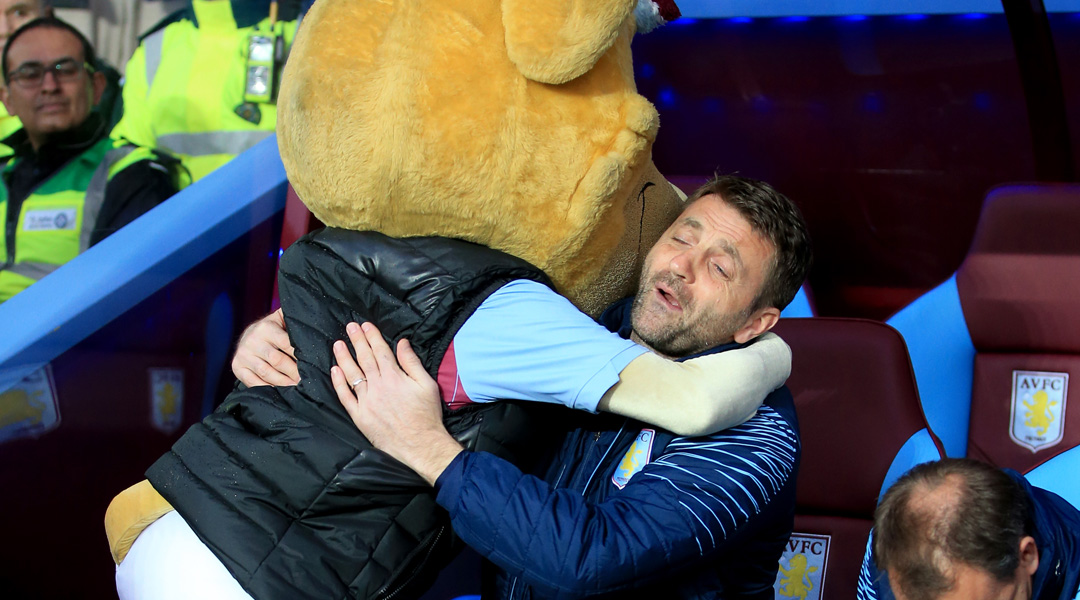
Nigel Pearson
“I don’t speak to my neighbours, I’m a miserable bugger,” says Pearson who, after careful consideration, is probably the Premier League manager we’d least like to Greco-Roman wrestle (Sean Dyche looks like he bites the heads off puppies for sport, but comes across as quite lovely when he starts to talk huskily). And the Leicester boss’s technical area mayhem doesn’t soften the image: his mock-strangulation of James McArthur a while back was chilling. “Playing the hard man, not smiling and so on, can have a positive effect, but again it depends on the side you are managing,” says Phipps. “For some players it will motivate them effectively, for others it might work very negatively.” Not the face, Nige!
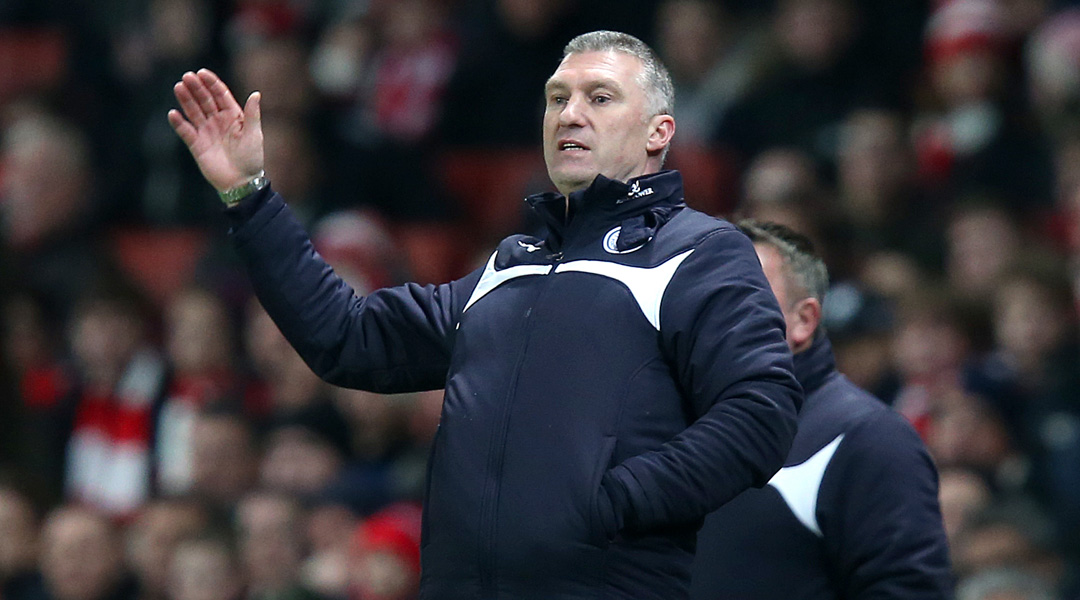
Nick Moore is a freelance journalist based on the Isle of Skye, Scotland. He wrote his first FourFourTwo feature in 2001 about Gerard Houllier's cup-treble-winning Liverpool side, and has continued to ink his witty words for the mag ever since. Nick has produced FFT's 'Ask A Silly Question' interview for 16 years, once getting Peter Crouch to confess that he dreams about being a dwarf.

